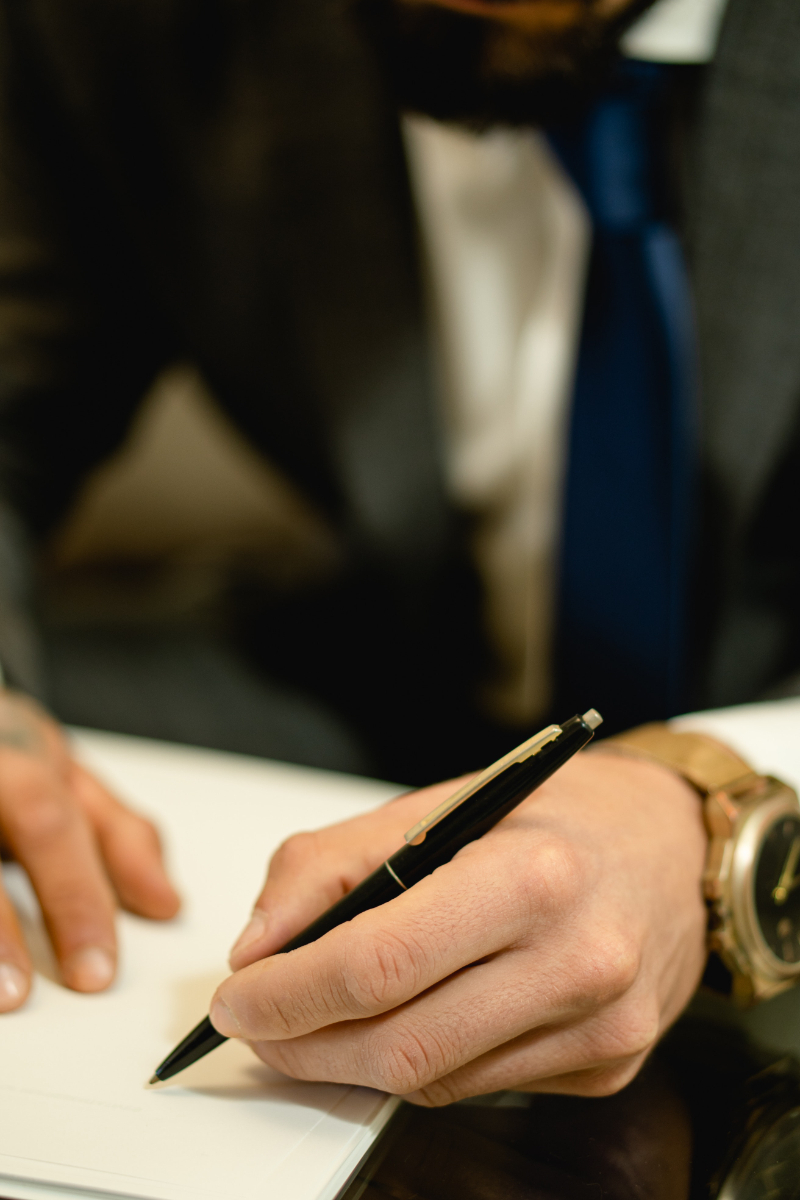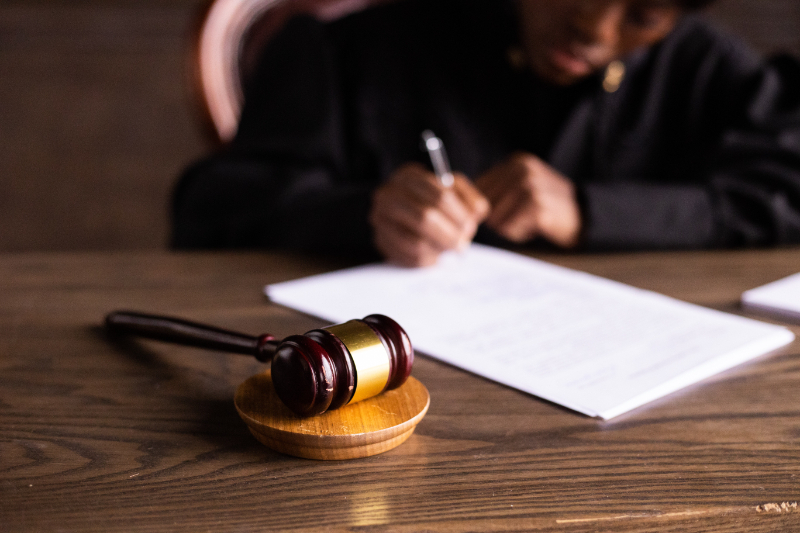What is the role of an expert witness? Find out more about how an expert witness can assist with property and boundary disputes.
An expert is someone with specialist knowledge in a particular field, discipline, or sector that others may rely on to give expertise and opinion. The expert has likely undergone extensive education, specialist training, or special experience that has made them an expert.
Expert witnesses must fulfil their primary function to express their independent expert opinion at arbitrations, tribunals, and litigations to which they are employed. Courts in England and Wales must permit expert witnesses to give evidence. They are to give their opinions and research as evidence as long as it is within their expertise and based on the information provided to them with research created by them.
An expert witness must adhere to instructions contained within the Expert Witness's Report and ensure that it contains the information required by the court rules. Additionally, expert witnesses will comply with specific procedures and rules at court and tribunal orders.
They have an overriding duty to the court that supersedes any obligations owed to the party that has hired the witness's help.
What Is The Definition Of An Expert Witness?
Expert witnesses must help the court give their objective opinion in matters relating to their expertise.
An expert witness's duty to the court overrides any obligations to parties that have given instruction or pay to the expert. If the commitments of the witness to clients and the court conflict with each other, for example, if the client puts pressure on the expert to alter reports or suppress their opinions, the expert witness must either terminate his court appointment or resist.
The expert must not be biased towards the party responsible for paying their fees, and this goes for all evidence provided by experts. Their oral and written reports and proof must be as truthful as fact. Any professional and honest opinions must be reasonable and completely relevant.
In the same way, an expert witness must not ignore information that may damage their client's case. The expert's duty is to the court first, and the evidence must cover relevant matters completely. The expert should only undertake instruction that they are qualified and competent enough to undergo and provide opinions within their expertise, ensuring to state if a matter is outside their expertise.
Last but not least, an expert witness should be familiar with the Civil Procedure Rules and adhere to its requirements for the expert to comply with preparing reports correctly.
Admissibility Of Expert Evidence
When a situation arises where an expert's input is required, their observations, opinions, analyses, and descriptions are an expert's evidence.
The primary function of expert witnesses is to assist a court proceeding by providing independently-sourced analysis and judgement on the subject on which the witness is an expert.
The evidence must have as much detail as necessary to convince the jury and judge that the expert's opinions and analyses are well-established.
The court has the power, however, to exclude an expert's evidence if the evidence deals with matters that are the judge's responsibility or if the judge can form their own opinion without the help of an expert.

Similarly, if the court decides that the expert has not established their independence or did not comply with their duties, they have the power to reject the expert's evidence. The court may allow each disputing party to instruct a particular expert, provided that the cost of appointing more than one expert is proportionate to the dispute's value.
Under common law, expert opinion evidence is admissible if it is of assistance to the court, outside the jury and judge's knowledge and experience, has a reliable basis, and provides relevant expertise in the sector specialised by the expert. The expert has to ensure that they present all evidence shortly and clearly whether or not the evidence itself is disputed.
Choosing An Expert
You can instruct an expert from the start of investigations to the trial; at any point in a case. You must understand that experts need to be paid before being chosen, if not for their expertise, then for their time. Experts commonly provide a statement and are consulted in advance of the prosecutor's involvement in a case.
According to police instructions, all investigative work is paid for by the police and all work relevant to the presentation of the case at trial is paid by the Crown Prosecution Service (CPS). Most police forces contract experts from various independent accredited suppliers that adhere to detailed procurement procedures. At this stage, establish whether the assigned experts are competent and the provider accredited to do the work thoroughly and correctly.
Consider the following: If an expert is needed, if the court can reach their conclusions with the evidence without assistance, if all relevant evidence has been gathered, if all necessary evidence is available, if they are accredited, if the expert's opinion is sought at the right time, and if they have any experience dealing with similar criminal cases.
Instructing An Expert
An expert should be instructed and agreed upon between the investigators and the prosecution.
This way, the investigators can ensure the most appropriate expert is part of the investigation, and the prosecutor can clearly understand what subjects the expert will be providing their professional opinions on.
This approach removes misunderstanding and avoids delays caused by experts with inaccurate instructions and inadequate briefings.
The expert should be expected to regard the CPS Guidance for Experts Evidence, Case Management and Unused Material, and the law with respect.
The CPS Guidance for Experts Evidence is a practical guide to correctly preparing an expert's evidence and disclosing obligations the expert has to uphold the law.

Prosecutors must also be familiar with its content to avoid misunderstanding and delays. The expert must be asked to also complete and read the letter of instruction and information provided to the expert by the police.
A letter of instruction addresses the issue of fees. What this does is assure the court that the expert understands what his obligations to disclosure and the court are. If the expert witness is instructed by the prosecutor(s), the latter party should identify the work undertaken.
This includes an explanation of context, a specification of issues, and a provision of the relevant exposition for which the expert's opinion is sought after. When instructing an expert, it is best to give them limited information so that they can test their independent hypotheses and conclusions rather than be affected by confirmation bias.
If their conclusions are affected by this bias, they may consider conflicting evidence instead of testing themselves on the evidence.
Do you have questions about resolving Boundary Disputes in Kent or the surrounding areas? Would you benefit from the advice of a qualified RICS surveyor? Follow the link below to find out more.

